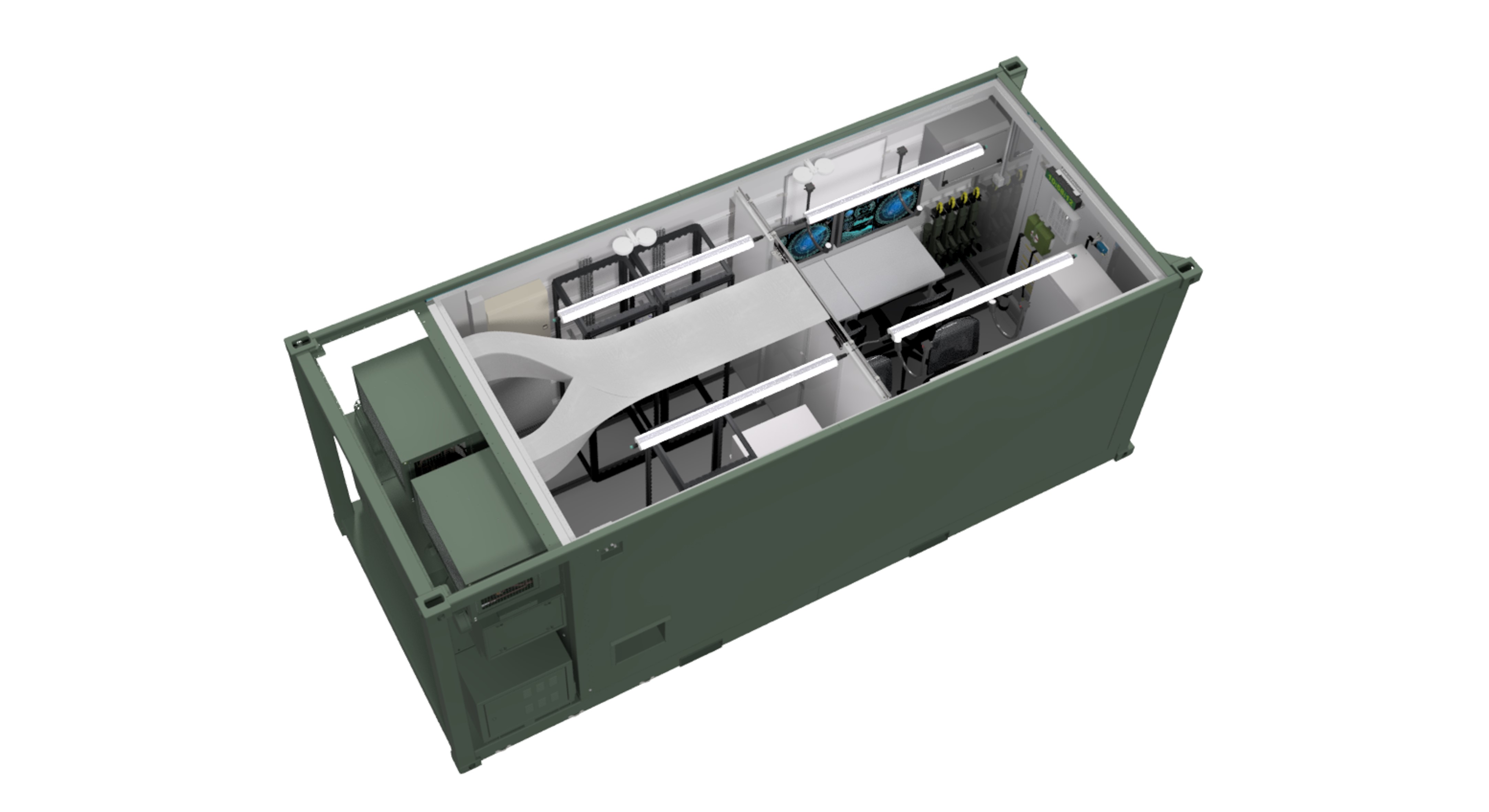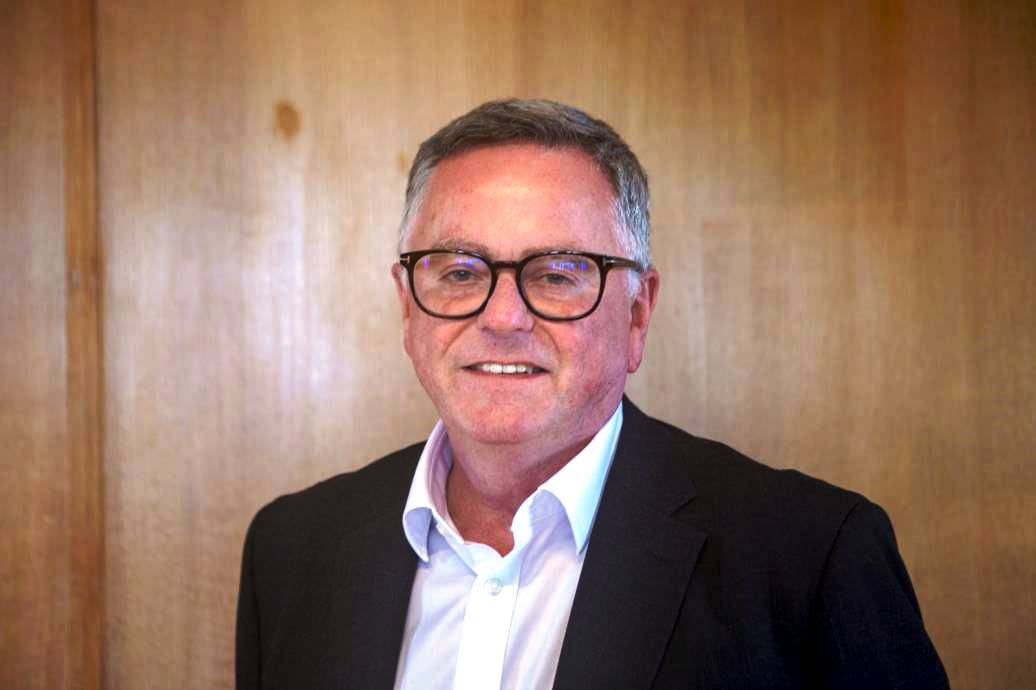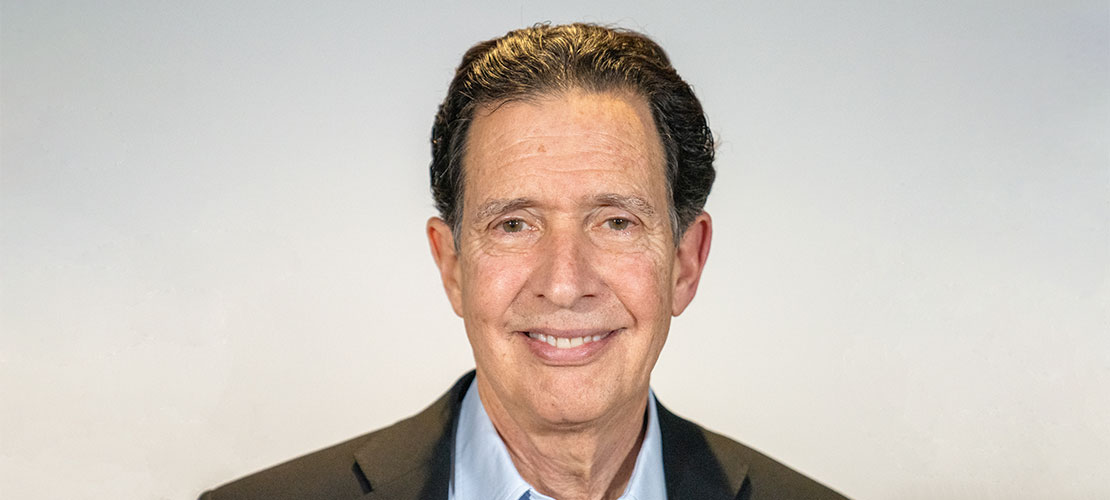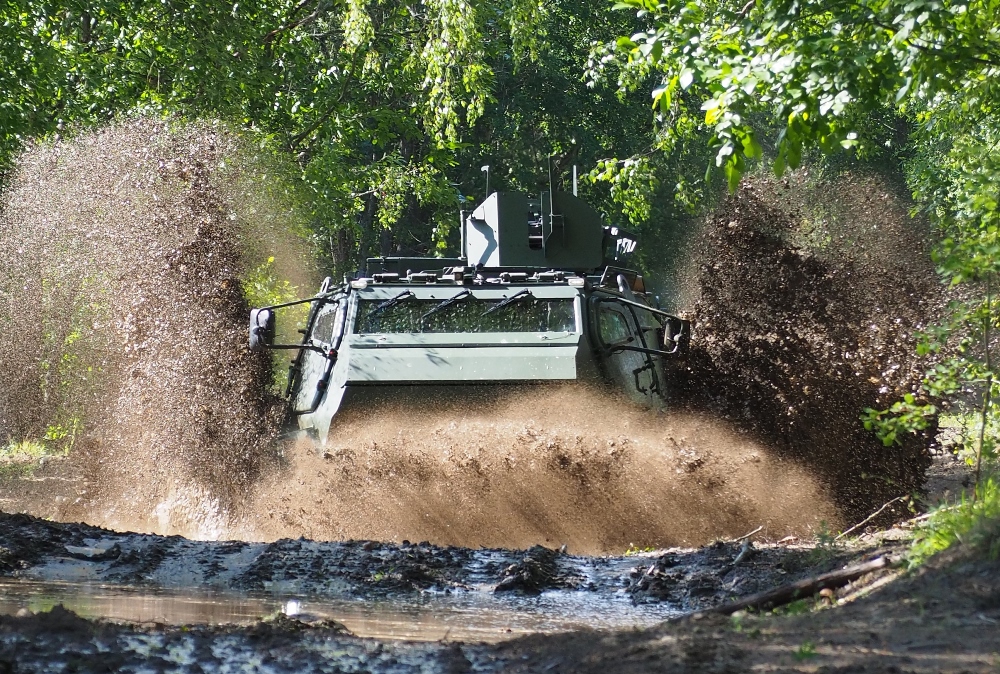Marshall to build C2 shelters for Swedish Armed Forces

Image courtesy Marshall
Having formally joined NATO in March, Sweden is embarking on a rapid digital defence modernisation programme to support integration with alliance partners and enhance the overall readiness of its full-time and reserve forces. In addition to delivering a critical upgrade to core C2 capabilities, Marshall’s highly manoeuvrable and rapidly deployable systems will transform the operational resilience and survivability of the Swedish Armed Forces’ critical infrastructure in open, littoral and urban operations.
Over the next four years, with the option to extend a further three thereafter, Marshall will deliver up to 500 shelters as well a range of ancillary equipment including power units, battery boxes and mast trailers.
Production will be shared across facilities in the UK and Canada, demonstrating the efficiency and capacity benefits made possible by Marshall’s growing operational footprint around the world.
To provide the full spectrum of C2 capabilities and support for personnel, Marshall will adapt its standardised base 20ft container range into a total of 16 shelter variants, each of which will feature a unique combination of equipment, modules and specifications for dedicated roles such as command, communications, mast operation, technical support and network support. Electromagnetic shielding will be standard across the C2 suite, most variants will feature HVAC and CBRN filtration systems and one variant includes ballistic protection.
In addition to the production and delivery of shelters and ancillaries, the contract awarded to Marshall also includes parts supply and ongoing technical and maintenance support for up to 10 years.

Bob Baxter (above), Marshall’s Chief Growth Officer, said: “Delivering and supporting a full range of C2 capabilities on this scale plays perfectly to Marshall’s engineering strengths, global production capabilities and pedigree of working with NATO partners.
“We are proud to be part of Sweden’s next phase of investment in the readiness of its armed forces as it seeks to integrate into NATO, providing welcome stability in the challenging geopolitical climate."











